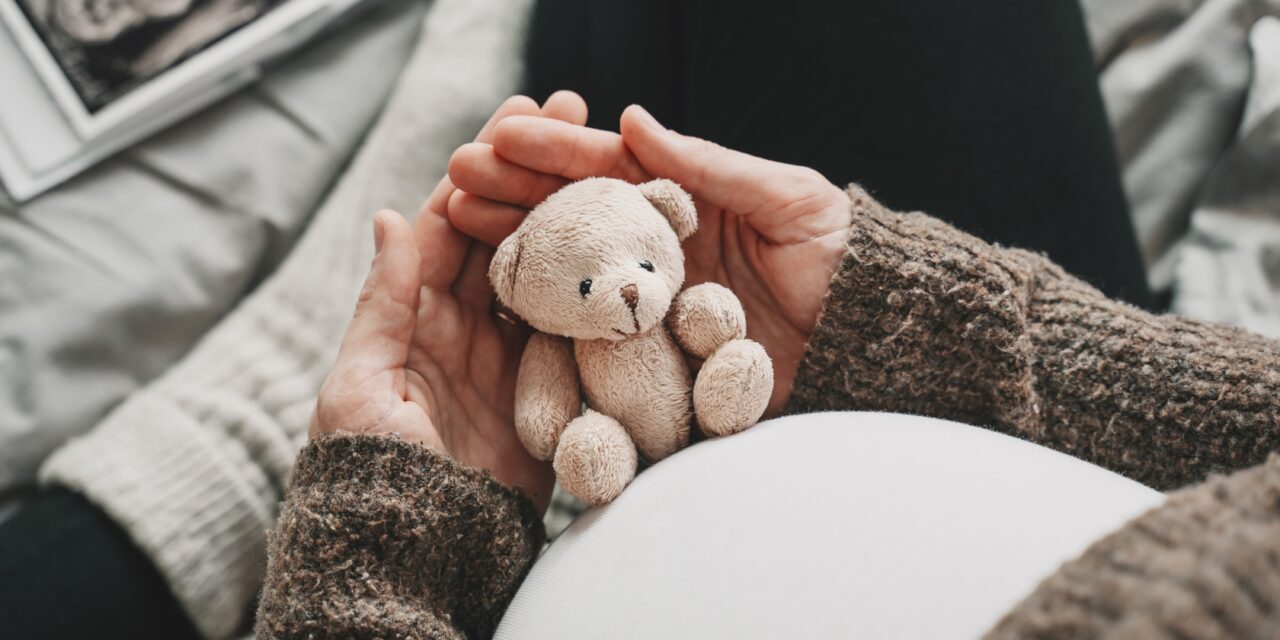In a bittersweet turn of events last week, just as the Texas Supreme Court rightly decided to uphold state law protecting preborn babies in the womb, news spread that the Texas woman challenging the state’s abortion law chose to travel out of state to abort her preborn disabled daughter.
The news is tragic.
It’s tragic for the mother, who sadly and wrongly thought abortion would be a better path for her daughter.
It’s tragic for the sweet baby girl whose life was, likely, violently taken from her before its natural end because she had a disability.
And it’s tragic because it is a reflection of the value or lack thereof our culture places on the worth and dignity of human beings in the womb.
The Texas case involves a mom, Kate Cox, whose preborn daughter was diagnosed with trisomy 18 at 20 weeks gestation. Trisomy 18 is a chromosomal disorder that causes developmental delays and disabilities. Some babies diagnosed with the condition pass away in the womb. Other babies survive the womb and pass away shortly after birth. Still, others go on to live and to love with medical assistance for years after being born.
Based on medical recommendations, Cox decided to abort her disabled daughter. Texas law allows for abortions when it is necessary to save the life of the mother or if there is “a serious risk of substantial impairment of a major bodily function.”
Cox filed a complaint with a Texas district court in early December, asking for pre-authorization to get an abortion under the exceptions permitted by law.
Specifically, her attorneys argued carrying the baby to term and having a repeat C-section (she previously had two) would put Cox at serious risk of substantial impairment of a major bodily function (i.e., her fertility). The lower court found in Cox’s favor and granted a temporary restraining order against the state law as it applies to her situation.
The state appealed the decision to the Texas Supreme Court. The high court found in favor of the state and opined that at no time did Cox’s doctor claim that Cox had a life-threatening condition or any condition that would qualify as an exception to the law. The Texas Supreme Court also called on the state’s medical board “to provide guidance in response to any confusion that currently prevails” regarding the state law and what qualifies as exceptions to the law.
Sadly, Cox crossed state lines to abort her daughter anyway.
The abortion industry is using this as a test case to see how their legal theories hold up in court. Don’t be surprised if we see more of this sort of legal challenge in the future.
Putting legal arguments aside, here are two lessons the pro-life community can learn from the Texas story if we desire to impact cultural opinion in favor of preborn babies.
1. We must advocate in new and creative ways for the value and dignity of ALL human life in the womb, including babies with disabilities.
In the last fifty years, abortion sellers have worked tirelessly to convince our culture that human beings in the womb have less value because of their age, location, ability and dependency.
Of course, that’s not true. But the lie prevails, and abortion sellers keep selling their abortions.
In cases like the Texas mom, women are sold the unloving lie that abortion is a “quick fix” answer when faced with a life-threatening fetal diagnosis or fetal disability.
Women are often encouraged to terminate living preborn babies because of perceived future problems.
To put it bluntly, babies with disabilities are being targeted for elimination.
It’s eugenics and it’s pure evil.
The pro-life community must flat-out reject this narrative and develop compelling cultural messaging that embraces the humanity and dignity of all human life in the womb.
2. We must be part of the community that supports families facing life-threatening fetal diagnoses and disabilities.
In these truly tragic and sad circumstances, when mothers receive life-altering news about their babies, fear can be an overwhelming reality, and it can have more influence on decision-making than it should.
These women and families need love, a supportive community and resources rather than counseling to get an abortion.
Why is the brutality of abortion preferable to encouraging a mother to give birth?
In America today, when a child or adult is diagnosed with a disability or becomes disabled in an accident, we don’t immediately consider how to end that individual’s life.
Instead, we build a supportive community and a safe place for adults and children to belong and feel loved.
Robyn Chambers, Vice President of Advocacy for Children at Focus on the Family, told the Daily Citizen,
“I truly believe this mom was told all the ‘flaws’ her child has or will have. I believe she’s been told how hard it will be to raise a child with trisomy 18. Where is her support to carry this child? Where is her support to help her understand there is a chance this child will live outside the womb and have a wonderful life? Where are the mental health community and the special needs community supporting her with resources to help her through her pregnancy and beyond? I believe women will choose life if they feel seen, heard, and supported.”
When women are faced with challenging moments in their pregnancy, the most loving thing we can do is come alongside them and be with them.
Grieve with them. Love them. Love their babies.
In these difficult cases, there is no easy answer, but the right answer is the one that involves more love, more understanding, more empathy and more life.
Image from Shutterstock.






